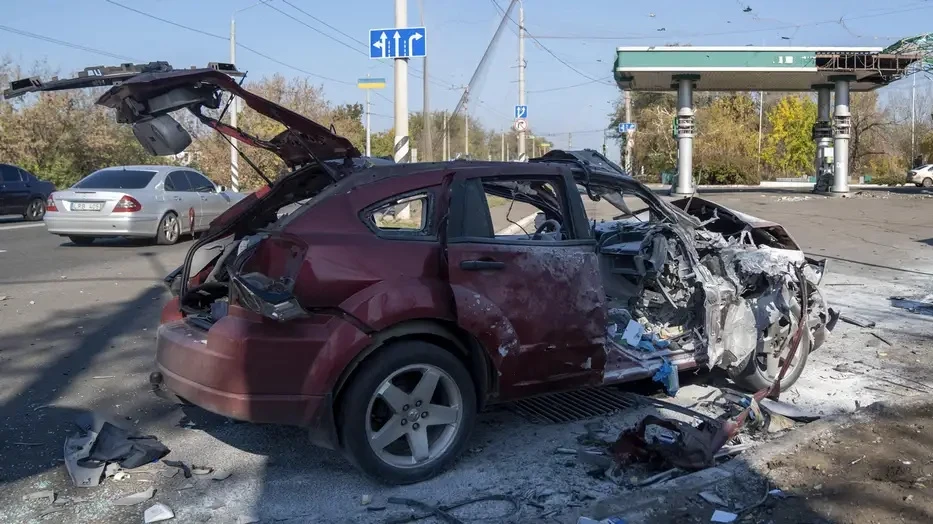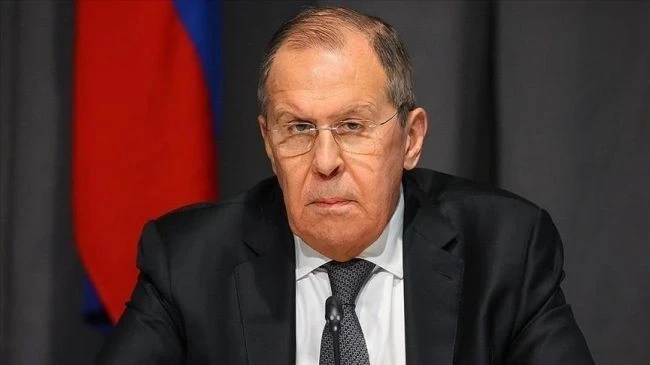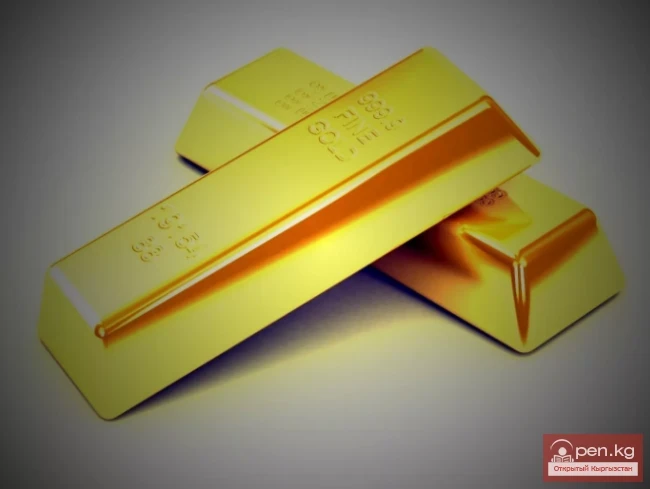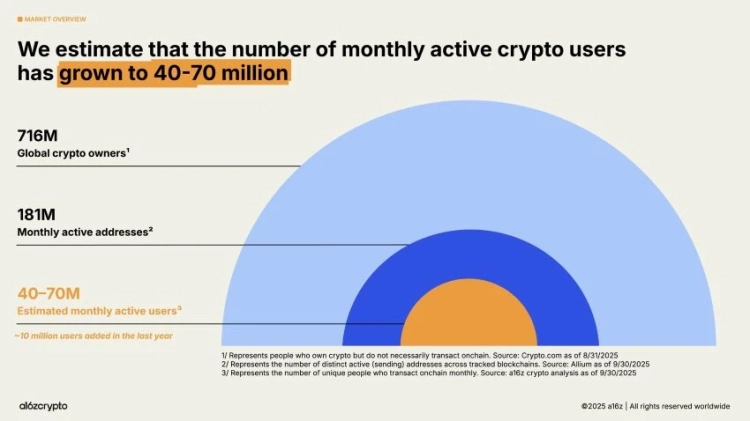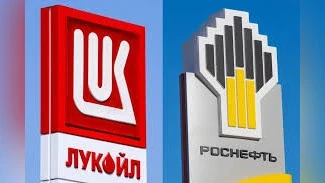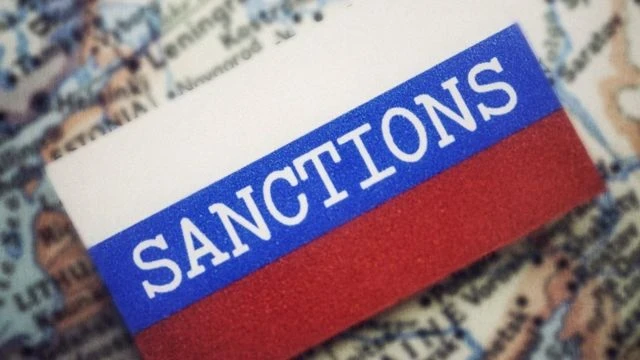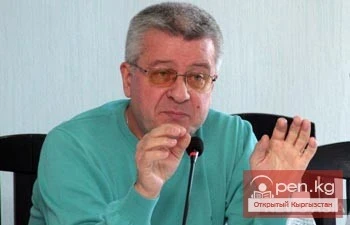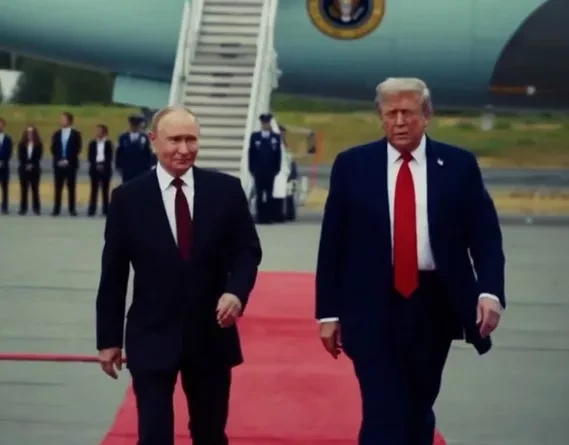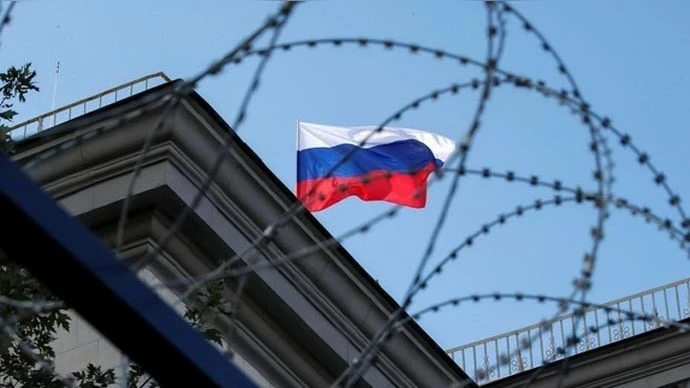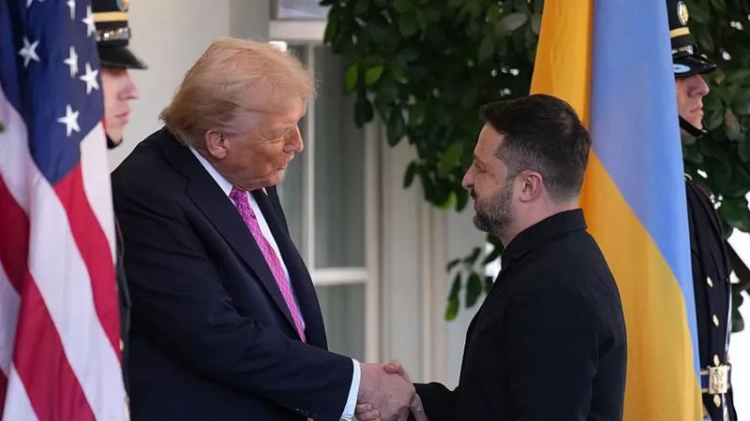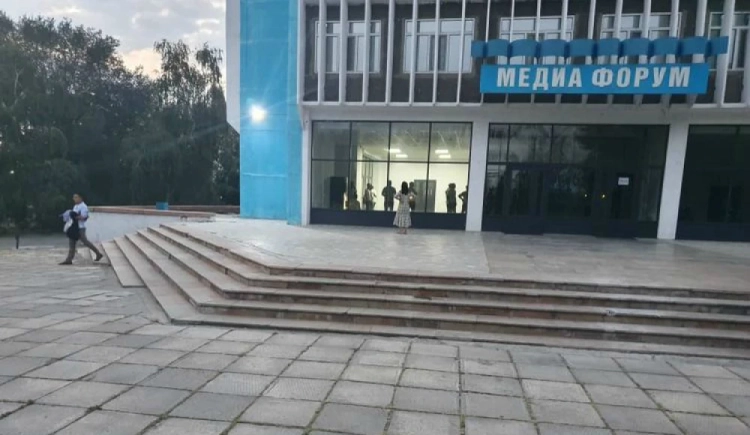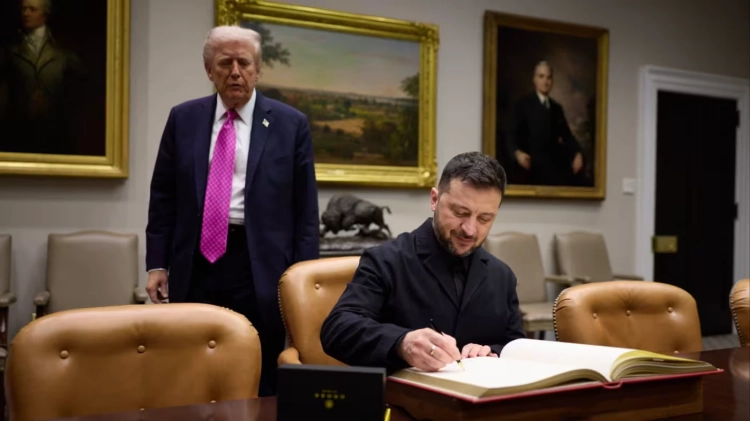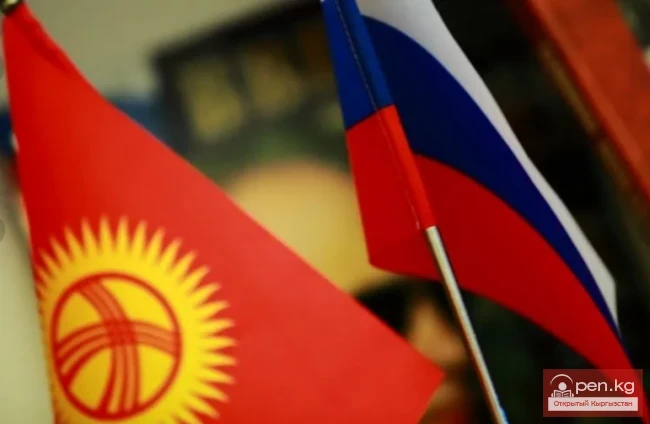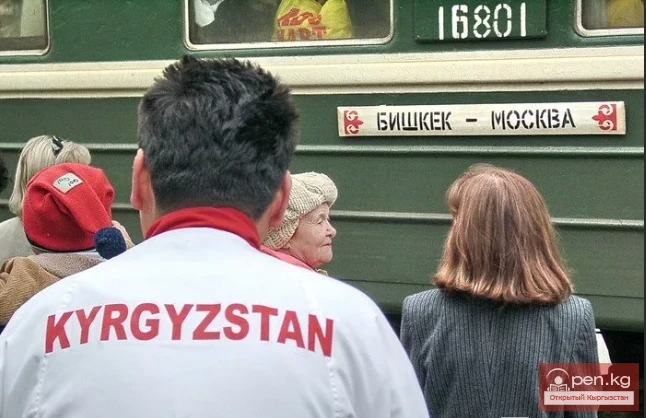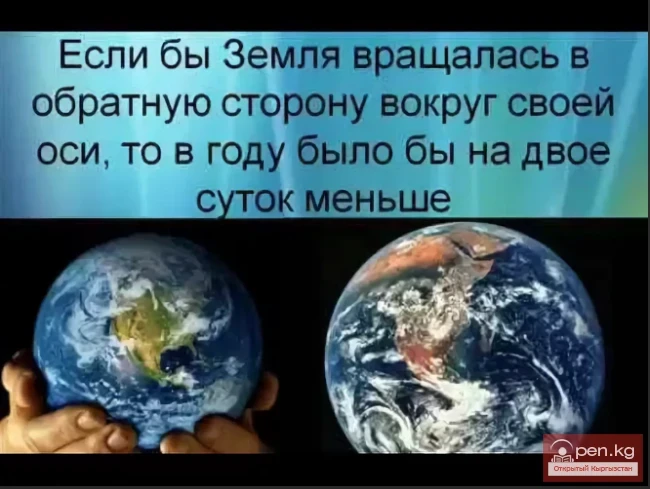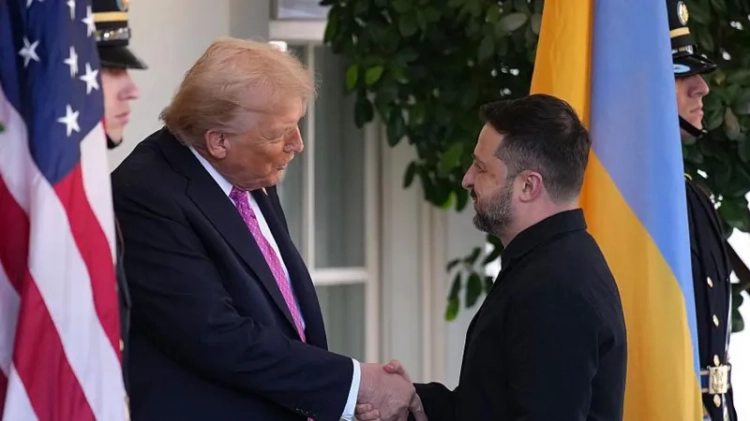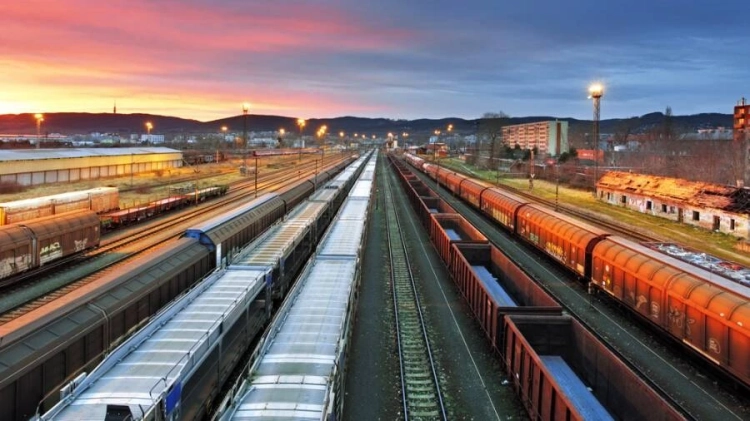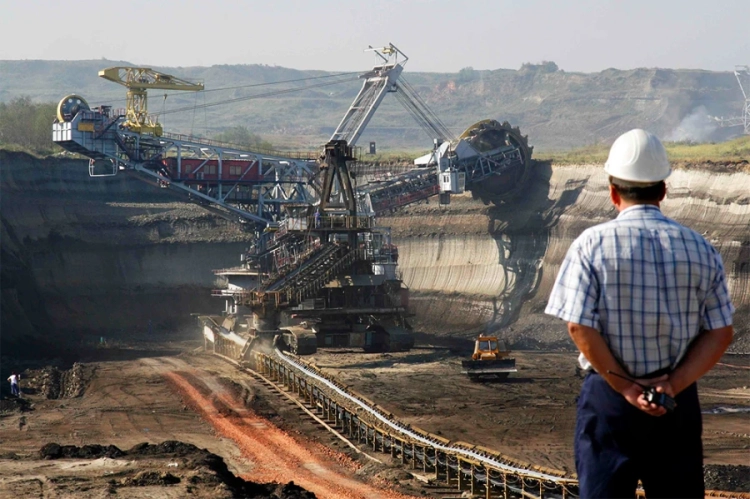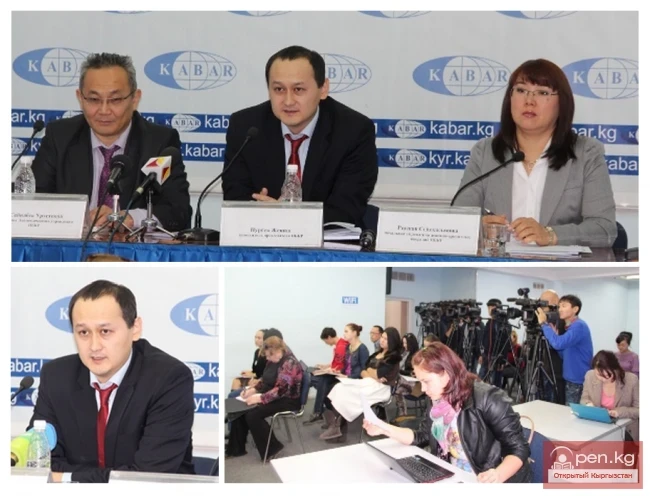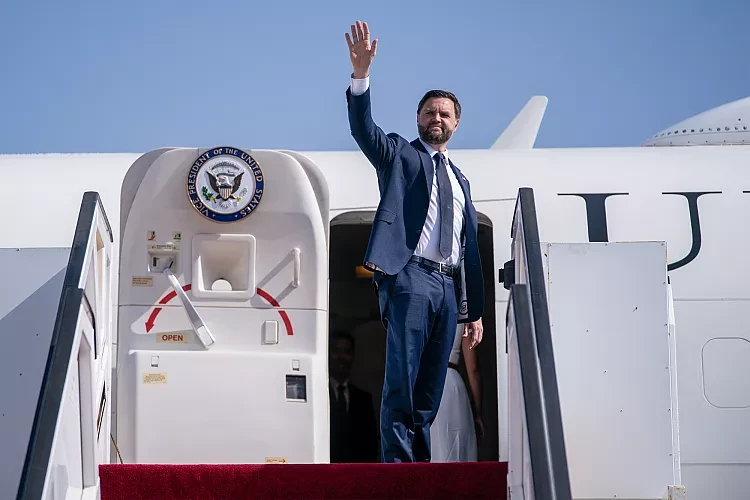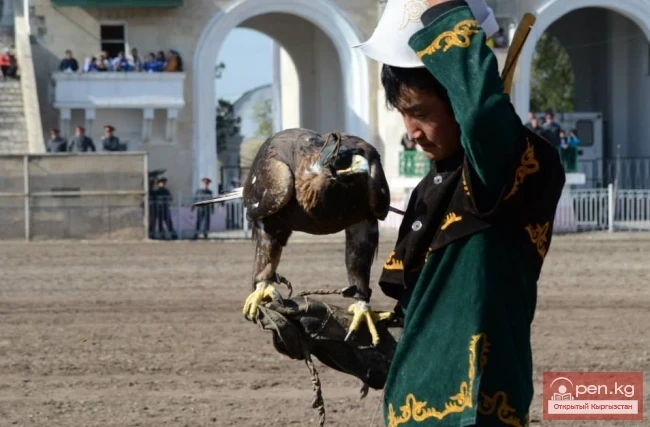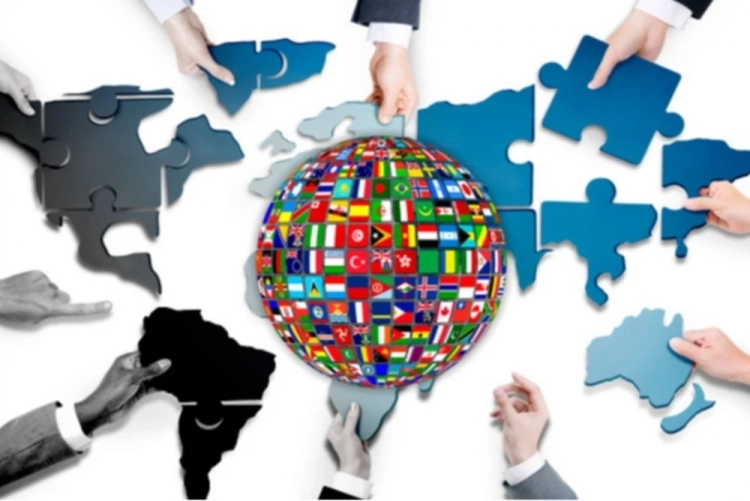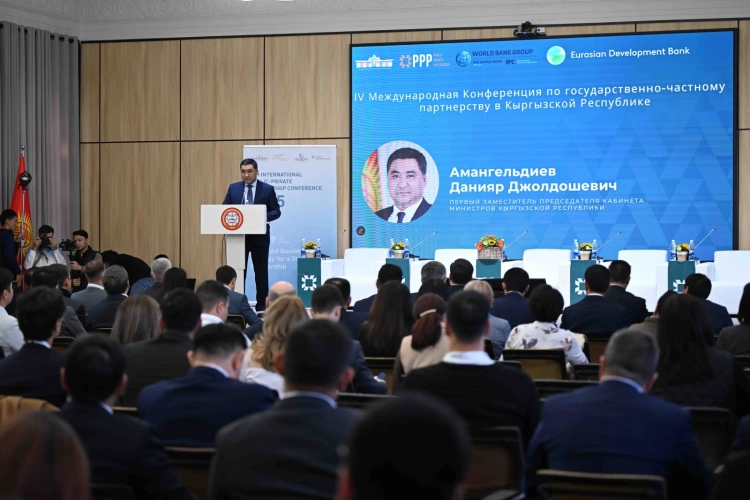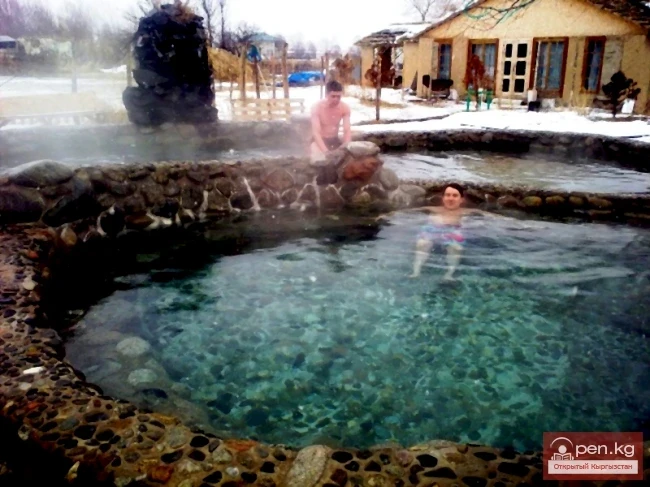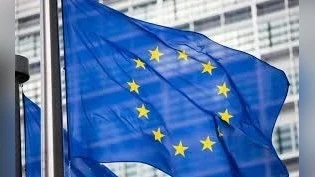
According to information published by Bloomberg on October 23, European Union countries have decided to postpone discussions on the use of frozen assets of the Central Bank of Russia for providing financial assistance to Ukraine until December.
European states advocate for a loan of 140 billion dollars to Ukraine, backed by frozen Russian assets. However, Belgium, which holds the majority of these funds, is demanding additional guarantees to avoid liability for risks associated with this loan, as anonymous sources told the agency.
EU leaders have tasked the European Commission with preparing various options for further consideration at the summit scheduled for December. Sources indicated that countries are striving to reach a final decision by the end of the current year.
Since the beginning of the full-scale war between Russia and Ukraine, the West has frozen assets of the Central Bank of Russia amounting to over 200 billion euros, of which about 190 billion are held in the Belgian depository Euroclear. Ukraine receives interest payments from these frozen funds.
The planned 140 billion euro loan is intended for arming Ukraine, with repayment expected after the conflict ends, when Russia agrees to compensate for damages. After that, the European Commission will return the funds to Euroclear, and Russia will be able to use these assets again.
Earlier in October, U.S. authorities informed EU countries of their decision not to participate in the initiative to use frozen assets for providing a "reparations loan." At the same time, the UK and Canada support this idea among the G7 countries, while Japan and the U.S. take a more cautious stance.
